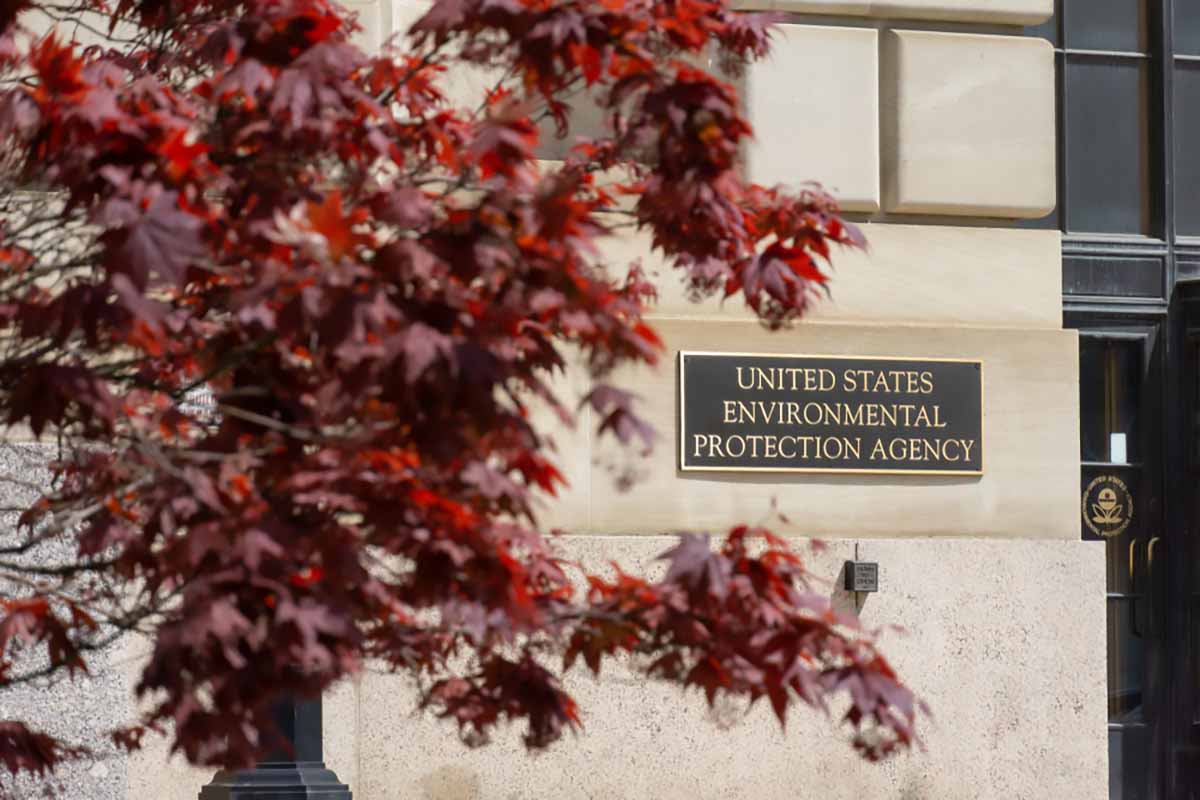
The Biden-Harris EPA budget proposal allocates $10 million for a pilot grant program to advance innovation in the recycling industry. | DanielJohn / Shutterstock
The Biden-Harris administration requested $11.2 billion for the U.S. EPA for 2022, and the agency proposes to slightly increase funding to the EPA’s Waste Minimization and Recycling Program.
The EPA on May 28 announced President Joe Biden’s budget request, which the agency said “reverses years of declining operating budgets.”
In EPA’s budget proposal laying out how it would use that funding, the agency said Biden’s budget represents “the largest top-line request in the Agency’s history.” The budget focuses on four key areas, the proposal states: “Tackling the Climate Crisis through Science;” “Advancing Environmental Justice;” “Supporting State, Tribal and Local Partners;” and “Expanding the Capacity of EPA.”
The proposal allocates $10.2 million and 43.4 full-time equivalent (FTE) employees to the Resource Conservation and Recovery Act (RCRA) Waste Minimization and Recycling Program. That’s up from $10.0 million in 2021 and $9.1 million in 2020, according to the budget proposal. The FTE request is flat compared with 2021, which was up slightly from 37.7 in 2020.
Congress must still consider and approve the fiscal year 2022 budget, which runs from Oct. 1, 2021 through Sept. 30, 2022.
The request and attention on recycling comes as the EPA is in the process of finalizing a National Recycling Strategy, which will aim to increase the domestic recycling rate from its current 32.1% to 50% by 2030.
It also comes during a time of wider focus on recycling, from several channels.
“Congressional and public interest continues to grow regarding plastics in the environment and EPA’s role in addressing them (e.g. ocean plastics, environmental justice concerns in countries to whom the U.S. exports plastics, and the climate impacts of single-use plastics),” EPA’s 2022 proposed budget document states.
“By investing in domestic recycling and solid waste infrastructure that builds a circular economy, a system of activities that enables resources to maintain their highest values and designs out waste while being restorative to the environment, the United States would be positioned to find more productive and sustainable ways to extract, use and manage materials,” the agency wrote.
The first budget request from the Biden-Harris administration represents a sharp contrast with that of the Trump-Pence administration in 2017. In that budget request, the Waste Minimization and Recycling Program was proposed to be cut altogether. The program was ultimately preserved by Congress.
The same pattern played out for the 2018, 2019, 2020 and 2021 fiscal year EPA budgets, where President Trump proposed deep cuts but Congress ultimately maintained the budget at prior-year levels, implemented lesser cuts or boosted EPA spending.
The Waste Minimization and Recycling Program handles numerous materials management tasks, including data collection and reporting, tracking progress toward goals, providing national leadership on strengthening the U.S. recycling system, and more. Among other tasks in 2022, the program will conduct various studies on improving post-consumer materials management as required by the Save Our Seas 2.0 Act.
Additionally, the budget proposal allocates $10 million for a pilot grant program, called the Solid Waste Infrastructure for Recycling (SWIFR) program, that would “build innovation in the recycling industry.” This program would be built on the concept of addressing climate change mitigation through investment in U.S. recycling and solid waste infrastructure, according to the proposal.
The Environmental Protection Network (EPN), a group of nearly 550 former EPA staffers, sent a letter to Congress urging approval of EPA’s budget request, calling it “an essential and overdue investment in the agency that protects public health and the environment.”
This story has been updated with a reference and link to EPN’s letter to Congress.



